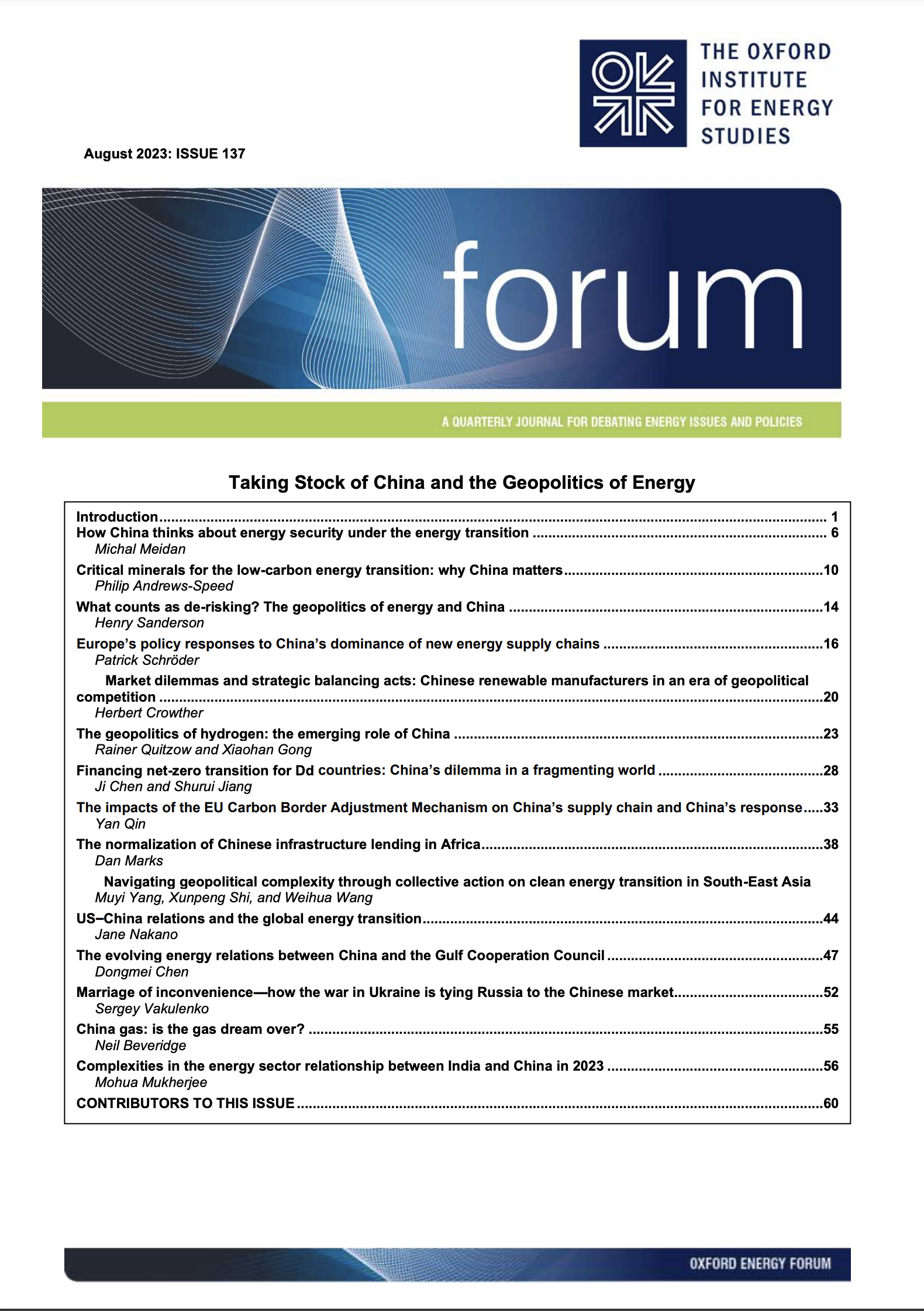While the G7 is responsible for most anthropogenic climate change, the global climate challenge is being exacerbated as large populations in Asia and Africa move toward universal electricity and energy access that use large amounts of high carbon-emitting fossil fuels. It is important to identify policy directions that are appropriate for each country’s market structure, governance regime, and resource base to develop fit-for-purpose energy transition strategies.
Integrated planning across the energy value-stream, managing costs and the availability of low emission energy sources, designing transition strategies reflecting local conditions and aspirations, and managing emissions in energy production are some of the common elements of such interventions. In the context of the Group of Twenty (G20), multinational cooperation can promote co-learning among all actors involved in energy ecosystems.









